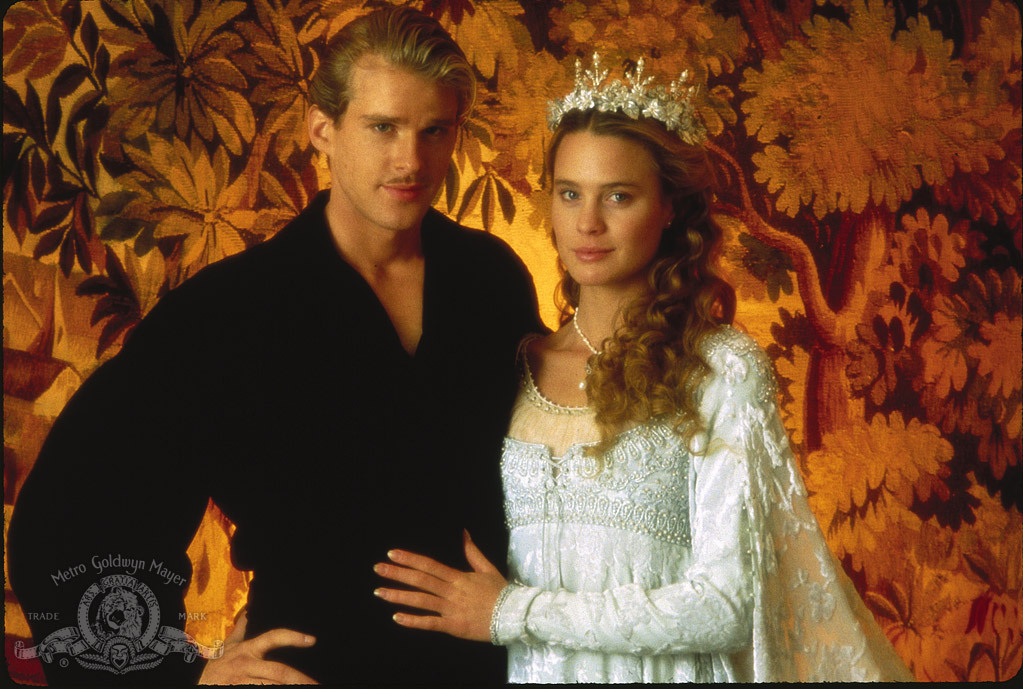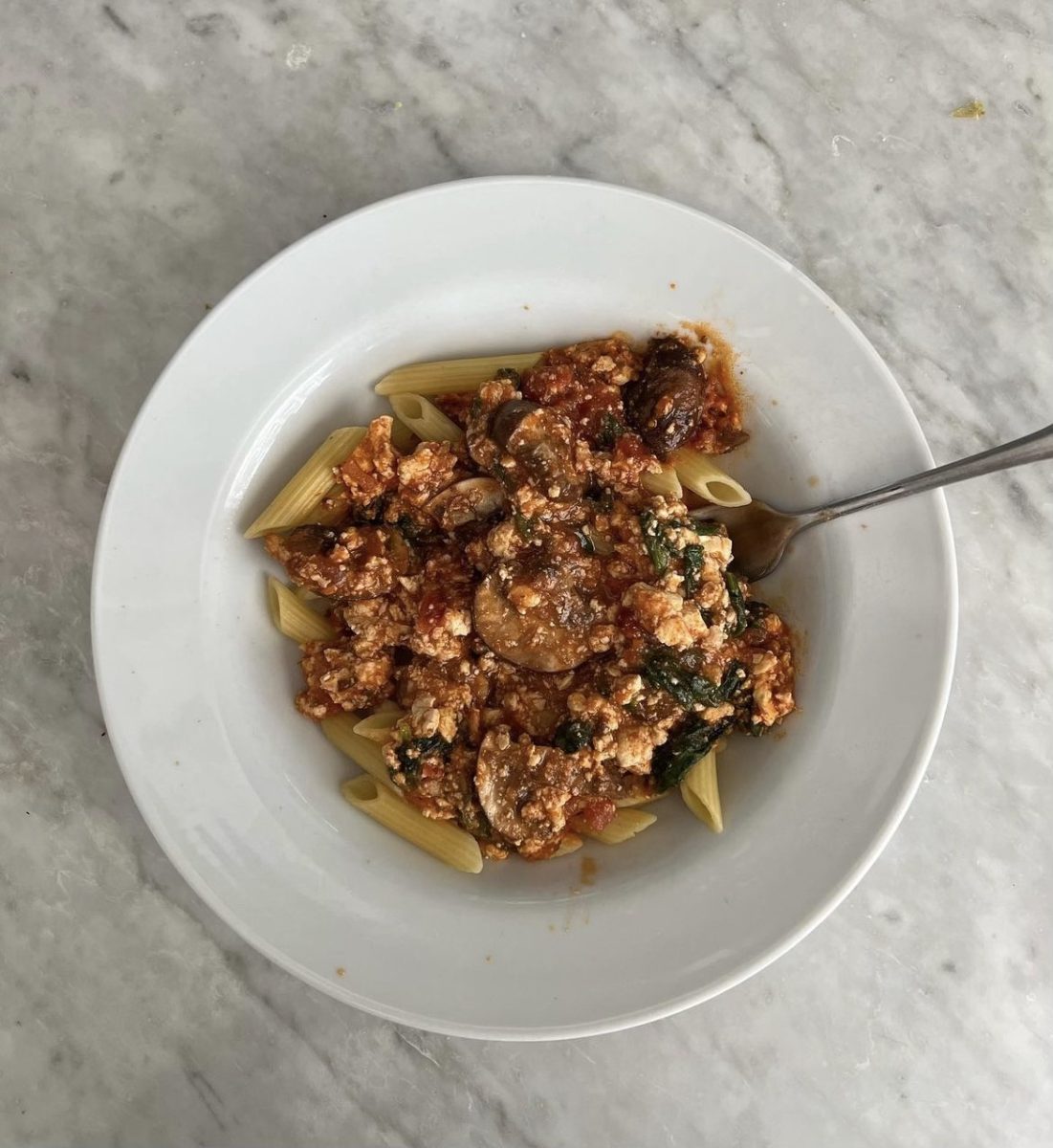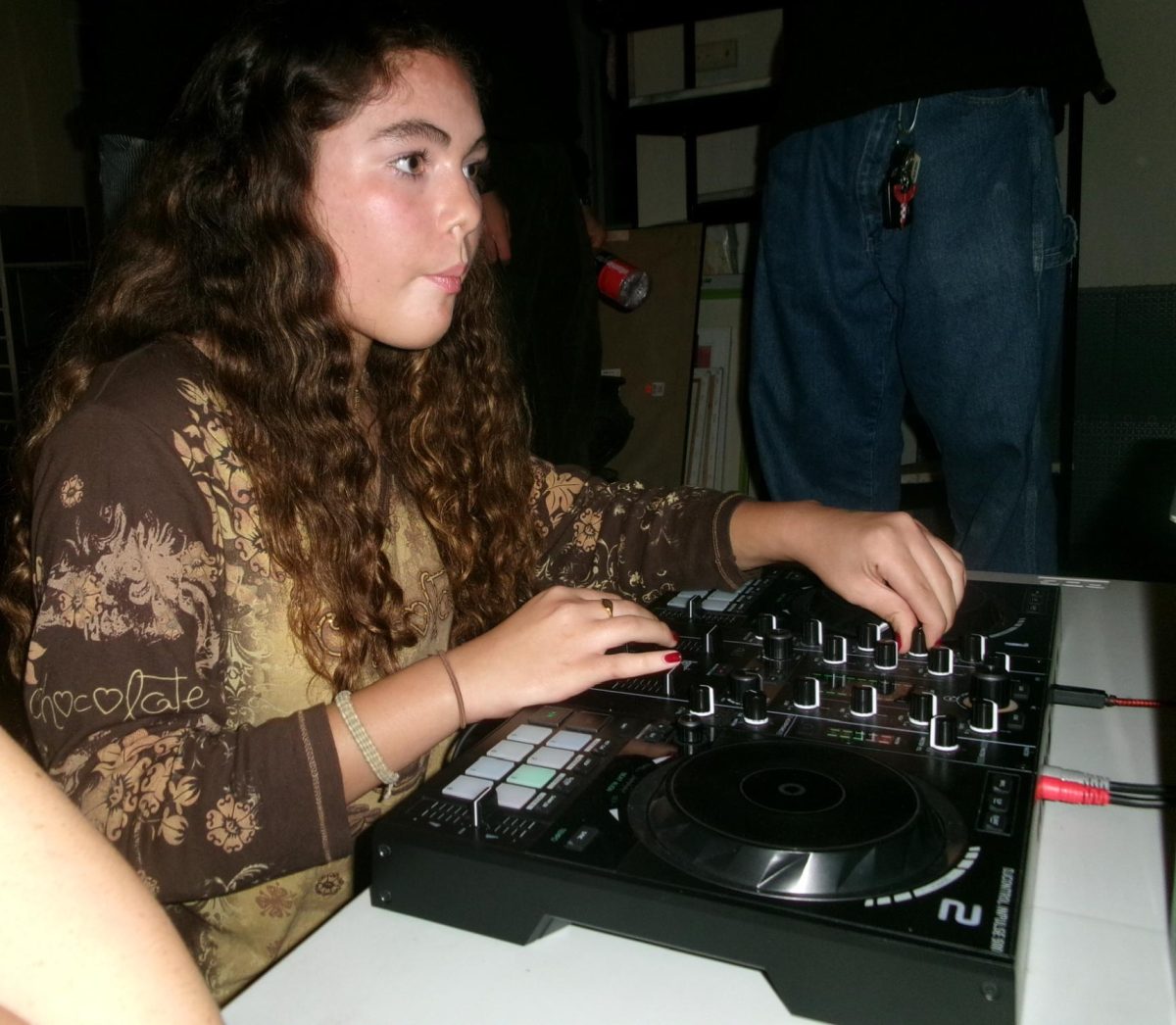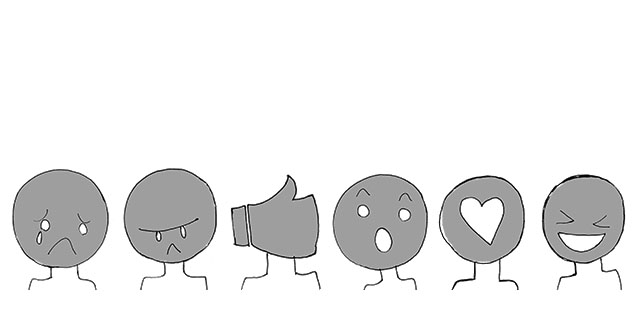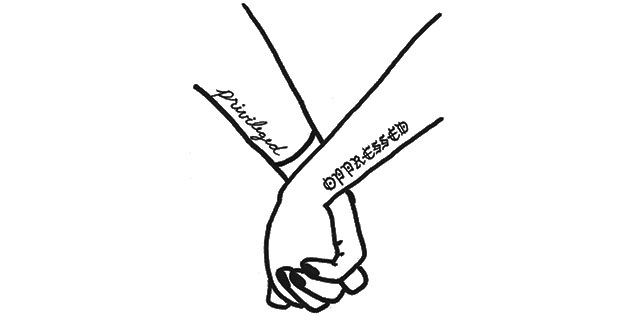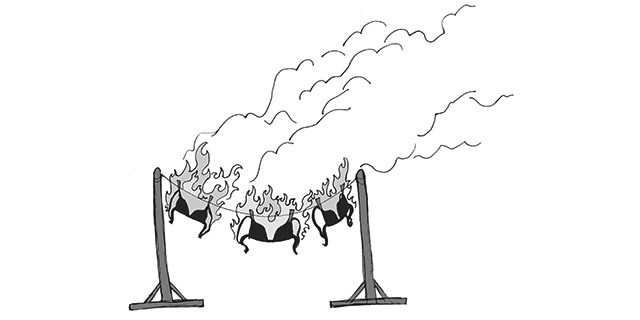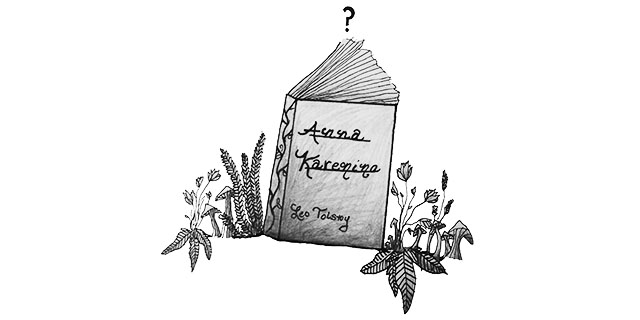
“So, where are you from again?” people often ask. Trying to conceal another sigh of exasperation, I turn to explain my origins time and time again.
This sort of question should be easy to answer. It requires a simple ten-second explanation. For me, though, it’s a much longer answer than what others expect.
“I was born in Seoul in South Korea. When I was four, I moved to Singapore. Two years after that, I moved to Hong Kong and then…” I explain, trying to speak as quickly and clearly as possible so people can still understand me. But, inevitably someone becomes confused as to why I can’t just say Los Angeles like everyone else. Why would someone who just got off the plane from Hong Kong go to Marlborough?
That was the question that ran through my head when I started my first day at Marlborough as a new ninth grader. I was nervous about how to introduce myself and explain why I wasn’t like everyone else at school. Should I just say I was from Hong Kong? But wouldn’t that force me to explain how I got to Los Angeles? Or, should I just say I was Korean-American?
The closest I can get to defining myself is by saying that I’m a third culture kid (TCK). Most people define TCKs as children who grow up in communities outside those of their parents. To me, being a TCK is more about not belonging to a particular community.
I’ve never identified myself with any of the communities I’ve been associated with. It’s hard to say that you’re Korean when, even if you have family in Seoul, you’ve never really been a part of the culture. Likewise, I can’t really say that I’m from Hong Kong because I was never a member of the local community; I was always part of the expatriate community that could not speak the local dialect of Cantonese. It was all “good” to nibble on your dim sum and say that you lived in Repulse Bay, but when you can’t even go to the fish market without feeling like a foreigner, you can’t really call yourself a local. Even though I had American citizenship, I clearly couldn’t say I was from LA because I wasn’t able to explain the nuances of pressed juice and Soul Cycle. Until recently I thought Coachella was some sort of infectious disease. Need I say more?
That leads to one very important question: if I don’t really belong to a community, who am I?
Not belonging is the idea of living between communities. You’re never fully a part of one, but you kind of wish you were. It seems a little sad to people who don’t understand, not totally belonging to a specific community. When I think of not being able to immediately think of where I belong, I feel a tang of disappointment, like I’m missing out on a common experience everyone else seems to share. But, there are unique and unexpected perks of being a TCK.
What I’ve found is that being this kind of outsider has given me a unique perspective on the values of different communities. I’m always on the fringe. There are moments of loneliness, but the constant exposure to diversity challenges me to be flexible. I never feel totally out of place because I know I’ll be able to adapt.
Being detached also helps me let go of things. I’ve learned the importance of memories and friends, but I’ve also learned the lesson of letting go. When certain phases come to an end, there’s no point fighting it. All I can do is say goodbye and adapt to somewhere new.
Another community that I can now seek a home in is Marlborough. I’m certainly not your typical Marlborough girl, but I sing the “Alma Mater” like everyone else. I wear my honor bracelet until the threads unravel. I do homework with my friends in the Collins Room. I’m a student, and I suppose that means I’m part of the Marlborough community too.
The truth is being an outsider with entries into different groups is not just about being lonely. Being a TCK is about being a blend of different cultures. Being an outsider allows me to enjoy diversity and enables me to be flexible and even adaptable in multiple cultural settings.
To answer the questions asking where am I from and who I am, I suppose I only have one answer at this point in my life: I’m a Marlborough girl in an international community of people who don’t belong to one single place.

